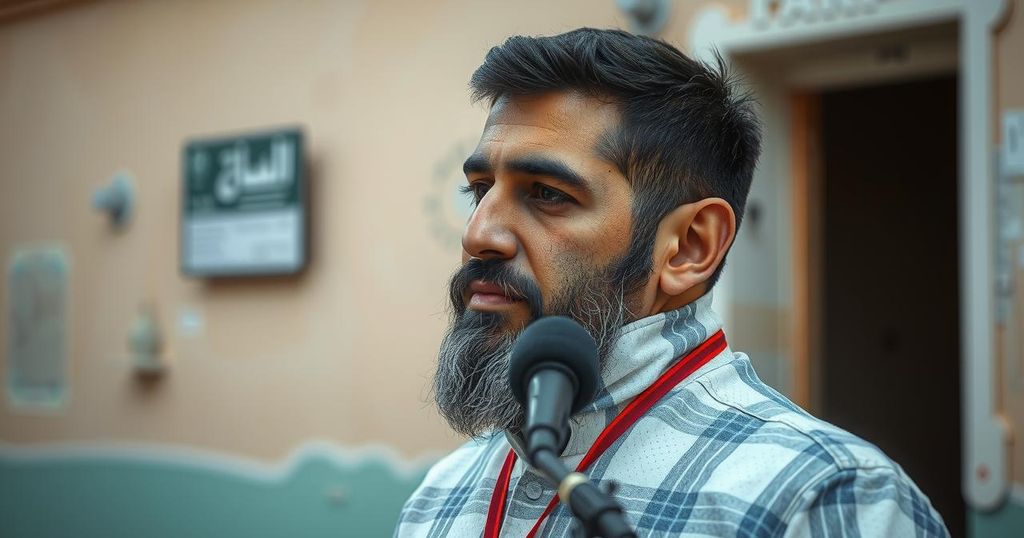Italy has released Iranian man Mohammad Abedini, wanted by the U.S. over a drone attack in Jordan that killed three Americans. Abedini’s release followed a court decision based on extradition treaty limitations, as the charges did not constitute a crime under Italian law. His return to Iran was facilitated through diplomatic negotiations involving Iran’s ministry and Italian officials, alongside the recent return of journalist Cecilia Sala.
On Sunday, Italy released Mohammad Abedini, an Iranian citizen sought by the United States in connection with a drone attack in Jordan that resulted in the deaths of three American service members last year. Following a request from the Italian justice minister, a court revoked Abedini’s arrest, leading to his immediate return to Iran, as confirmed by Iranian state television. Abedini had faced extradition proceedings after being apprehended in December, shortly before the detention of Italian journalist Cecilia Sala in Iran, who was widely perceived to be held as leverage for Abedini’s freedom.
The U.S. Department of Justice had charged Abedini with the provision of drone technology that facilitated the January 2024 attack on a U.S. outpost in Jordan. However, the Italian justice ministry noted that under existing extradition treaties between the U.S. and Italy, only offenses recognized as crimes in both jurisdictions warrant extradition. It concluded that the potential charges against Abedini did not align with any criminal conduct under Italian law, specifically the alleged violation of the International Emergency Economic Powers Act.
Additionally, Iranian state media reported that the release of Abedini followed active involvement from Iran’s foreign ministry and negotiations between Iranian intelligence officials and their Italian counterparts. Prime Minister Giorgia Meloni emphasized the importance of a “diplomatic triangulation” involving Iran and the U.S. in securing the release of Sala, who returned home shortly before Abedini. Her recent discussions with U.S. President-elect Donald Trump played a crucial role in the negotiations, underscoring the intersection of foreign diplomacy at multiple levels.
The case surrounding Mohammad Abedini has emerged against the backdrop of complex international relations involving Iran and the United States. Abedini was arrested based on allegations tied to a deadly drone attack on a U.S. military outpost, intensifying scrutiny on Iran’s actions within the region and its technological capabilities. The situation was further complicated by the coincidental detention of Cecilia Sala, which drew attention to issues of journalistic freedom and potential political bargaining in foreign affairs. Additionally, the Italian justice ministry’s interpretation of extradition law highlights the delicate interplay between differing national legal frameworks in international disputes.
In summary, Italy’s recent decision to release Iranian citizen Mohammad Abedini points to intricate diplomatic negotiations influenced by both legal considerations and international relations. The intertwining fates of Abedini and journalist Cecilia Sala illustrate the complexities of statecraft, where humanitarian and political interests intersect. As such events unfold, they indicate the ongoing challenge of addressing cross-border crimes while navigating the geopolitical landscape.
Original Source: www.theguardian.com






